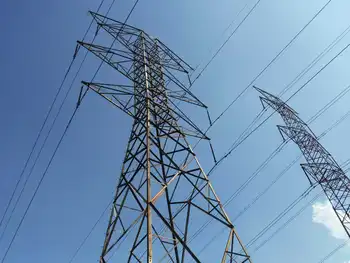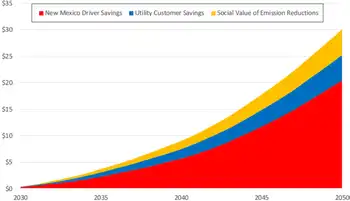FERC won't rule out mandatory price reporting
Mandatory price reporting is "certainly something people are still kicking around and may be something we ought to consider again," FERC Chairman Pat Wood told reporters at a news briefing.
"We've got to have data we can depend on ... We've got to have some basic standards that apply to everybody."
The FERC has sought to boost confidence in price reporting after the Commodity Futures Trading Commission last year found at least six large traders submitted bogus information to index publishers.
The indexes calculated and published by Platt's and Energy Intelligence Inc. are used to price billions of dollars in supply contracts.
The FERC has urged wholesale suppliers of natural gas and electricity to adopt a set of voluntary guideline issued by the agency last July to improve the accuracy of prices reported to private publishers of price indexes.
Among the FERC suggestions were that companies assign price reporting duties to independent employees who do not trade.
"I don't know that it's inevitable (to move toward mandatory price reporting)," Wood said. "We're going to ask this question again in March."
The energy trading industry has been in chaos with the collapse of Enron Corp., a series of federal investigations into the California energy crisis and heavy debt among trading companies.
A FERC staff report in early 2003 found an "epidemic" of false prices reported to publishers and evidence of market manipulation by some large traders.
Consumer groups have urged the FERC to require companies to report their prices to either index publishers or a central clearinghouse, a move that is opposed by most of the energy industry. Reuters Group Plc, the global information provider, is among the groups that have submitted proposals to the FERC on ways to collect and disseminate market data.
Related News

U.S. power companies face supply-chain crisis this summer
WASHINGTON - U.S. power companies are facing supply crunches that may hamper their ability to keep the lights on as the nation heads into the heat of summer and the peak hurricane season.
Extreme weather events such as storms, wildfires and drought are becoming more common in the United States. Consumer power use is expected to hit all-time highs this summer, which could strain electric grids at a time when federal agencies are warning the weather could pose reliability issues.
Utilities are warning of supply constraints for equipment, which could hamper efforts to restore power during outages. They are also having a…





